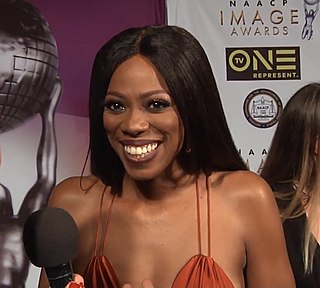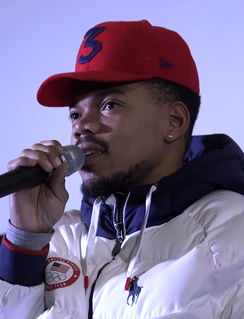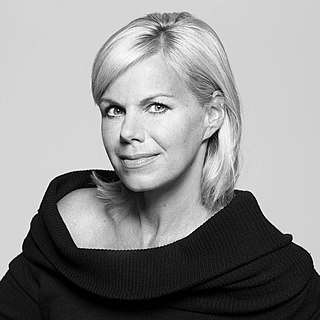A Quote by Yvonne Orji
I don't know how often white people look around and think, 'Wow, there's really a lot of white people here; we should fix that.' But I know black people often look around and think, 'Wow, I'm the only one here - why?'
Related Quotes
Let’s think of reverence as awe, as presence in and openness to the world…Try walking around with a child who’s going, ‘Wow, wow! Look at that dirty dog! Look at that burned-down house! Look at that red sky!’ And the child points, and you look, and you see, and you start going, ‘Wow! Look at that huge crazy hedge! Look at that teeny little baby! Look at the scary dark cloud!’ I think this is how we are supposed to be in the world – present and in awe.
I think that we need more economic-based solutions to the problems afflicting the Black community, and I think that that's a way to redefine affirmative action. I grew up with poor white people in West Virginia, and I know there's a culture of poverty. I know that I've seen white people perform exactly the same pathological forms of behavior as Black people do when they're systematically deprived, whether it's getting pregnant, doing drugs, dropping out of school, whatever we're talking about. I think that we should have affirmative action for poor white people too.
I believe I live in a black and white. I think things are like either black or white. I don't really believe that much in the gray. I think that there's gray for a lot of people, but I don't live in the gray. I realize whatever action I have or take, it's going to have a consequence -- either good or bad. So I live my life in a way where I don't have bad consequences. I just notice there's a lot people around me just live in the gray. I don't know, for me, I'm just really straightforward.
I think the play offers (white Americans) a different way to look at black Americans For instance, in 'Fences' they see a garbageman, a person they don't really look at, although they see a garbageman every day. By looking at Troy's life, white people find out that the content of this black garbageman's life is affected by the same things- love, honor, beauty, betrayal, duty. Recognizing that these things are as much part of his life as theirs can affect how they think about and deal with black people in their lives.
I've never seen a sincere white man, not when it comes to helping black people. Usually things like this are done by white people to benefit themselves. The white man's primary interest is not to elevate the thinking of black people, or to waken black people, or white people either. The white man is interested in the black man only to the extent that the black man is of use to him. The white man's interest is to make money, to exploit.
When you're a person of color in white America, you know white people. You know why you know white people? Because you can't enjoy any kind of entertainment if you are not able to humanize white people. If you watch a film and are like, "Oh, this has white people in it? Then I'm not interested," then you can't enjoy anything in America!
People approach people of color with preconceived ideas. I don't think this is just restricted to white people, but I think that lots of black and white artists, when race is a subject matter, they put race or the ideology around race first. They don't see the person and the complications of the human being.
…“white supremacy” is a much more useful term for understanding the complicity of people of color in upholding and maintaining racial hierarchies that do not involve force (i.e slavery, apartheid) than the term “internalized racism”- a term most often used to suggest that black people have absorbed negative feelings and attitudes about blackness. The term “white supremacy” enables us to recognize not only that black people are socialized to embody the values and attitudes of white supremacy, but we can exercise “white supremacist control” over other black people.
I live near Thompson Square Park, and there are a lot of colorful people I see in the park - a lot of different personalities and homeless people - you get to know them. And every now and then, there is suddenly someone who is no longer around, and you're just like, 'Wow,' but you never really know what happened to them.




































